August is packed with turning points that reshaped countries, ended wars, and changed how we live. And even though it doesn’t usually get top billing on the history calendar, it totally should. Political shifts, cultural ruptures, and noteworthy historical events that took place in this late-summer month left lasting marks on the world.
Here are 15 of the most significant.
The Atomic Bomb Drops on Hiroshima (August 6, 1945)
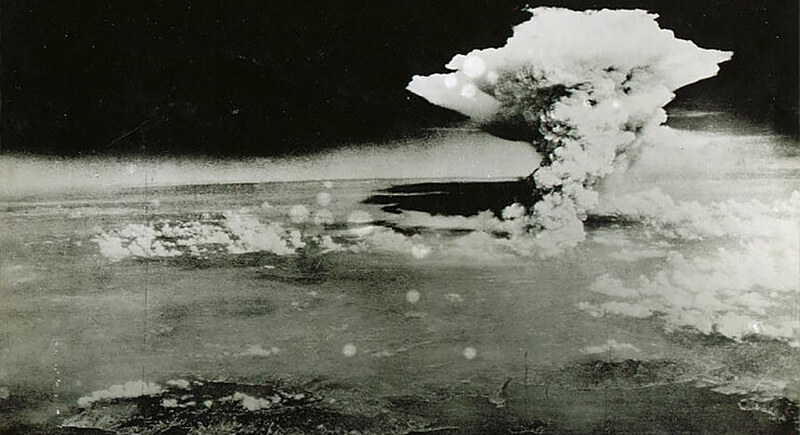
It began like any other summer morning in Hiroshima until a U.S. B-29 bomber released the world’s first atomic weapon. The city was flattened within seconds. More than 100,000 people died by year’s end, and the global conversation on nuclear warfare began before the dust even settled.
Women Gain the Right to Vote in the U.S. (August 18, 1920)
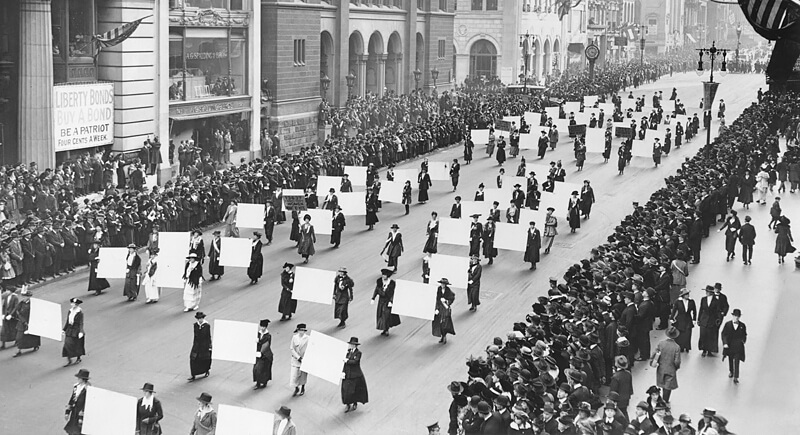
After decades of organizing, marching, and being dismissed, women in the United States secured the right to vote. It didn’t fix the deep inequalities overnight, but it did redraw the map of who held political power and who could now demand to be heard at the ballot box. It marked a dramatic expansion of democratic participation.
Mount Vesuvius Buries Pompeii (August 24, 79 A.D.)
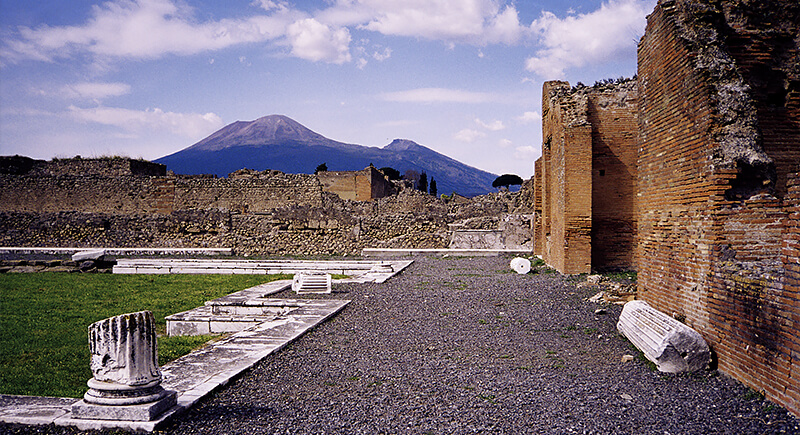
A catastrophic eruption of Mount Vesuvius blanketed Pompeii in ash, killing thousands. Ironically, the disaster conserved the Roman city in remarkable detail. Entire streets, homes, and bodies were preserved under layers of volcanic debris, unintentionally creating one of the most detailed archaeological records of daily life in ancient Rome.
Martin Luther King Jr.’s “I Have a Dream” Speech (August 28, 1963)
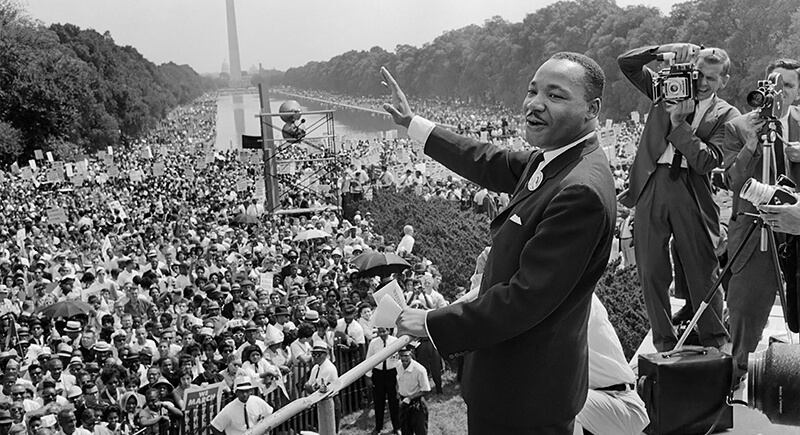
During the March on Washington, Dr. King’s speech became a defining voice of the civil rights era. Over 250,000 people gathered at the Lincoln Memorial to listen to the address, which helped propel the movement into national legislation and collective memory.
The Soviet Union Enters the Pacific War (August 8, 1945)
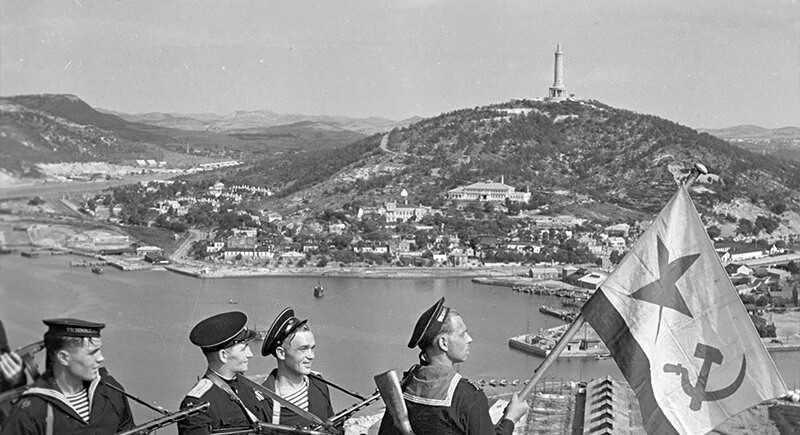
Just days after Hiroshima, the Soviet Union declared war on Japan and invaded Japanese-occupied Manchuria. The move broke Japan’s diplomatic hopes and contributed directly to its surrender less than a week later, ending World War II.
Anne Frank Writes Her Final Diary Entry (August 1, 1944)
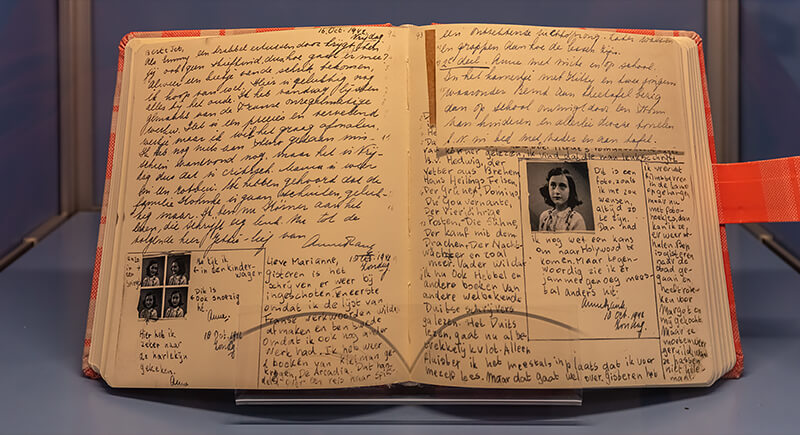
Anne’s final page offers no farewell. She writes about her hopes, her frustrations, and the search for a bit of normal life while in hiding. Three days later, the attic is discovered. Her diary closes without warning, but her words endure as a witness to that time.
The Watts Uprising in Los Angeles Begins (August 11, 1965)
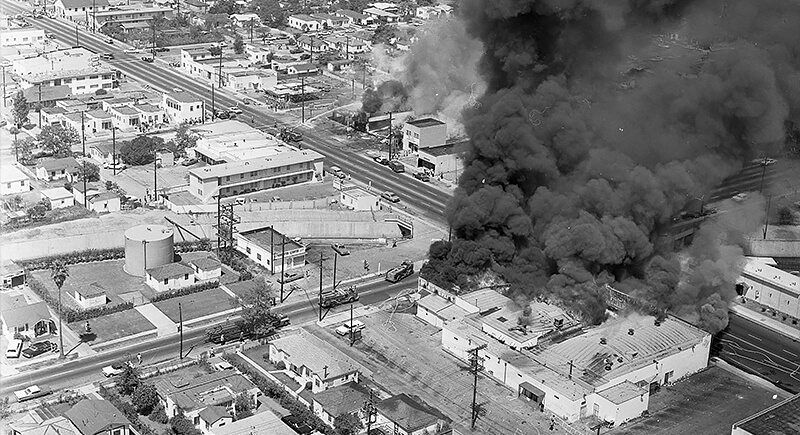
It started with a routine traffic stop in Watts and grew into days of chaos. By the end, 34 people had died, more than a thousand were injured, and whole neighborhoods had burned. News crews captured the turmoil, forcing America to reckon with the realities of segregation and poverty in its cities.
Hawaii Becomes the 50th U.S. State (August 21, 1959)
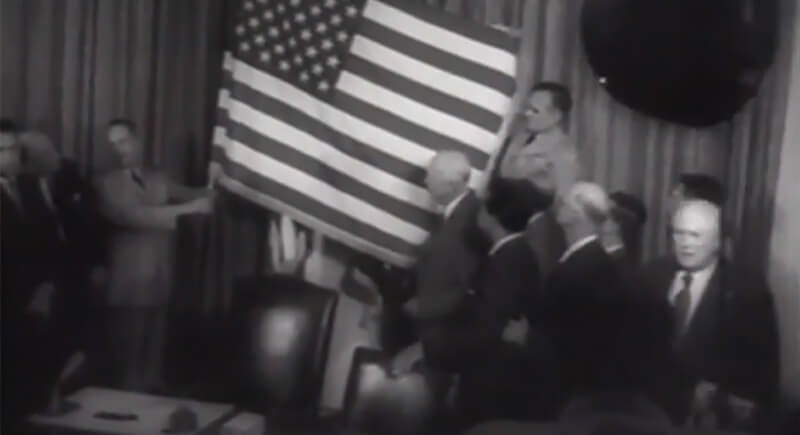
Hawaii became the 50th state on August 21, 1959. The islands, once their own kingdom, officially joined the United States. The change brought new laws, new relationships, and a new place on the flag. For many in Hawaii, it was a turning point that still stirs debate.
Construction Begins on the Berlin Wall (August 13, 1961)
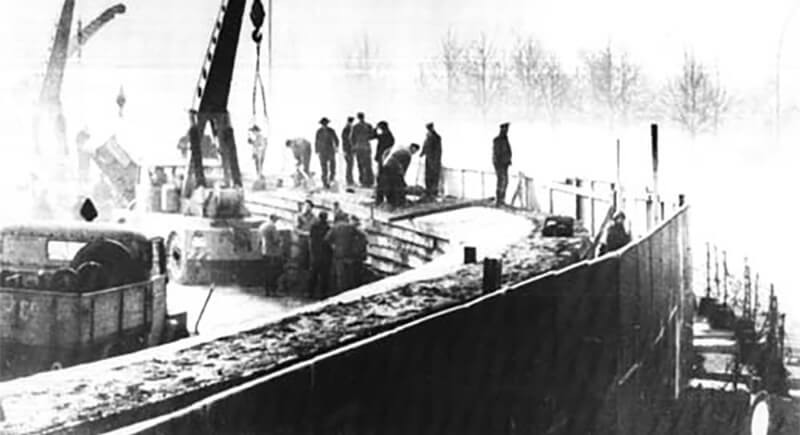
East Germany began sealing off West Berlin with barbed wire and concrete. The wall became one of the most iconic symbols of Cold War division and remained a physical and ideological barrier. The Berlin Wall stood for 28 years before its fall became a symbol of reunification.
The Social Security Act Is Signed into Law (August 14, 1935)
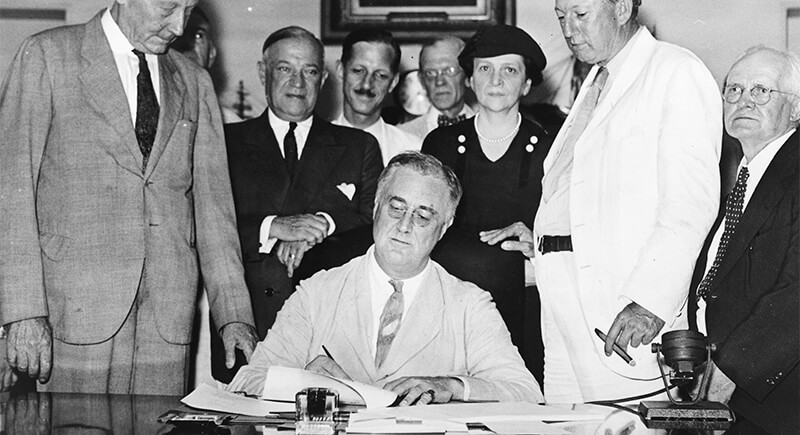
The U.S. was still clawing out of the Great Depression when Franklin D. Roosevelt signed the Social Security Act. It introduced retirement pensions, unemployment aid, and more, cementing the federal government’s role in economic welfare and offering a financial safety net that millions still rely on today.
Elvis Presley Dies at Graceland (August 16, 1977)
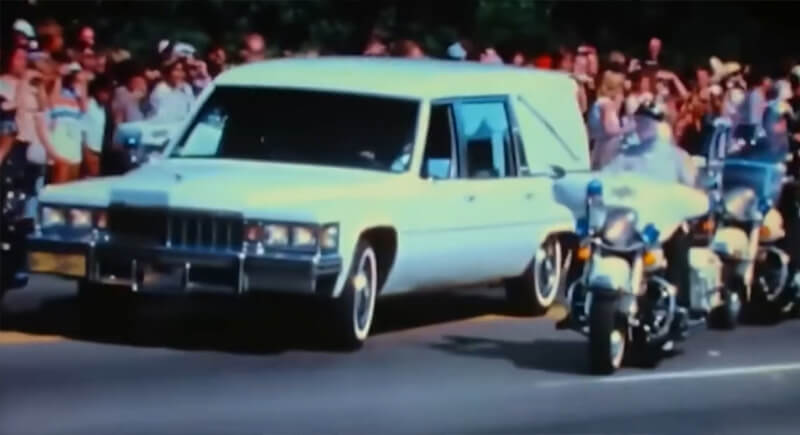
The King of Rock and Roll died in his Graceland bathroom, shocking fans and further concreting his already massive legacy. His influence stretched far beyond music by reshaping ideas around fame, style, rebellion, and celebrity obsession before most of those things had names.
Albert Einstein Warns Roosevelt About Nuclear Weapons (August 2, 1939)
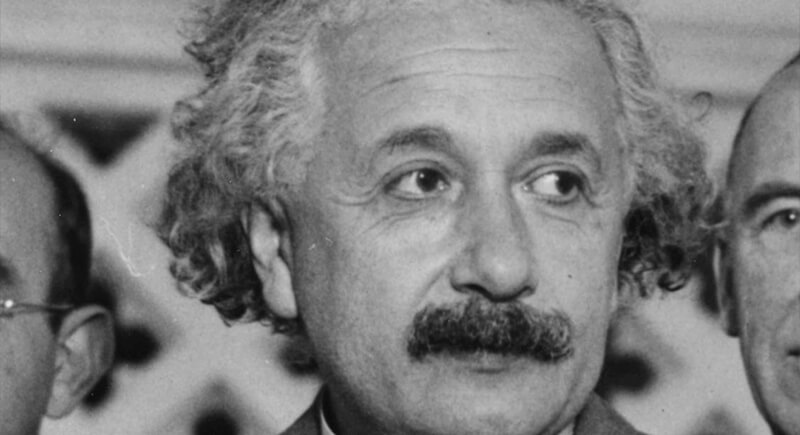
Albert Einstein wasn’t involved in building the atomic bomb, but his signature on a letter to President Roosevelt helped start it all. He warned that Nazi Germany might be working on nuclear weapons. That letter nudged the U.S. toward what became the Manhattan Project.
The First Balloon Flight Across the Atlantic Is Completed (August 17, 1978)

After failing more than a dozen times, someone finally did it. Max Anderson, Ben Abruzzo, and Larry Newman drifted across the Atlantic in the helium-filled Double Eagle II. The 3,000-mile journey took six days and ended with a crash landing in France—but they made history midair.
Klondike Gold Rush (August 16, 1896)
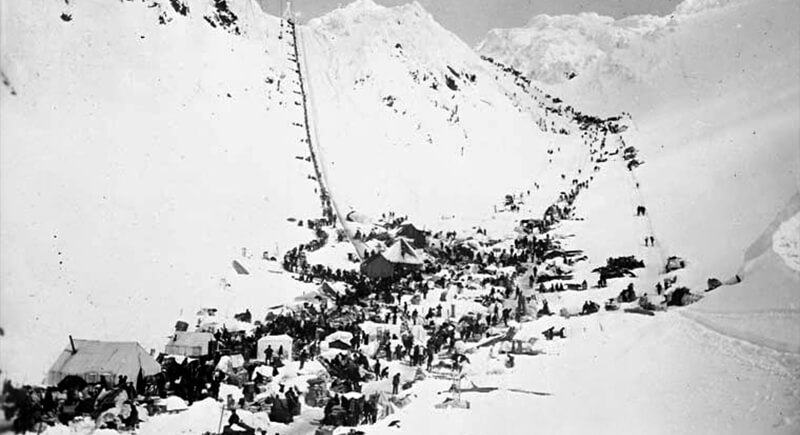
Gold turned up in a Yukon stream, and word didn’t stay secret for long. Within a year, fortune hunters overran the Klondike, nearly all unprepared for the harsh trek north. New towns shot up, maps changed, but only a few struck it rich.
Gulf of Tonkin Resolution (August 7, 1964)
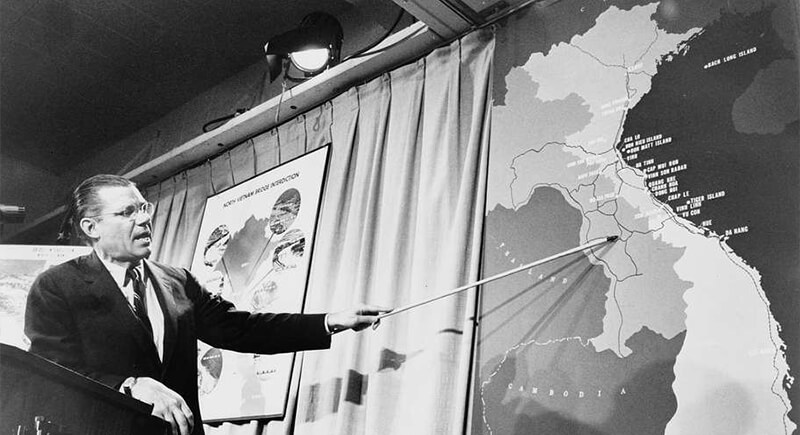
After reports of attacks on U.S. Navy ships in Vietnam, Congress handed President Johnson wide authority over military action in the region. This green light set off a deepening American commitment in Vietnam, with costs that would echo for generations.